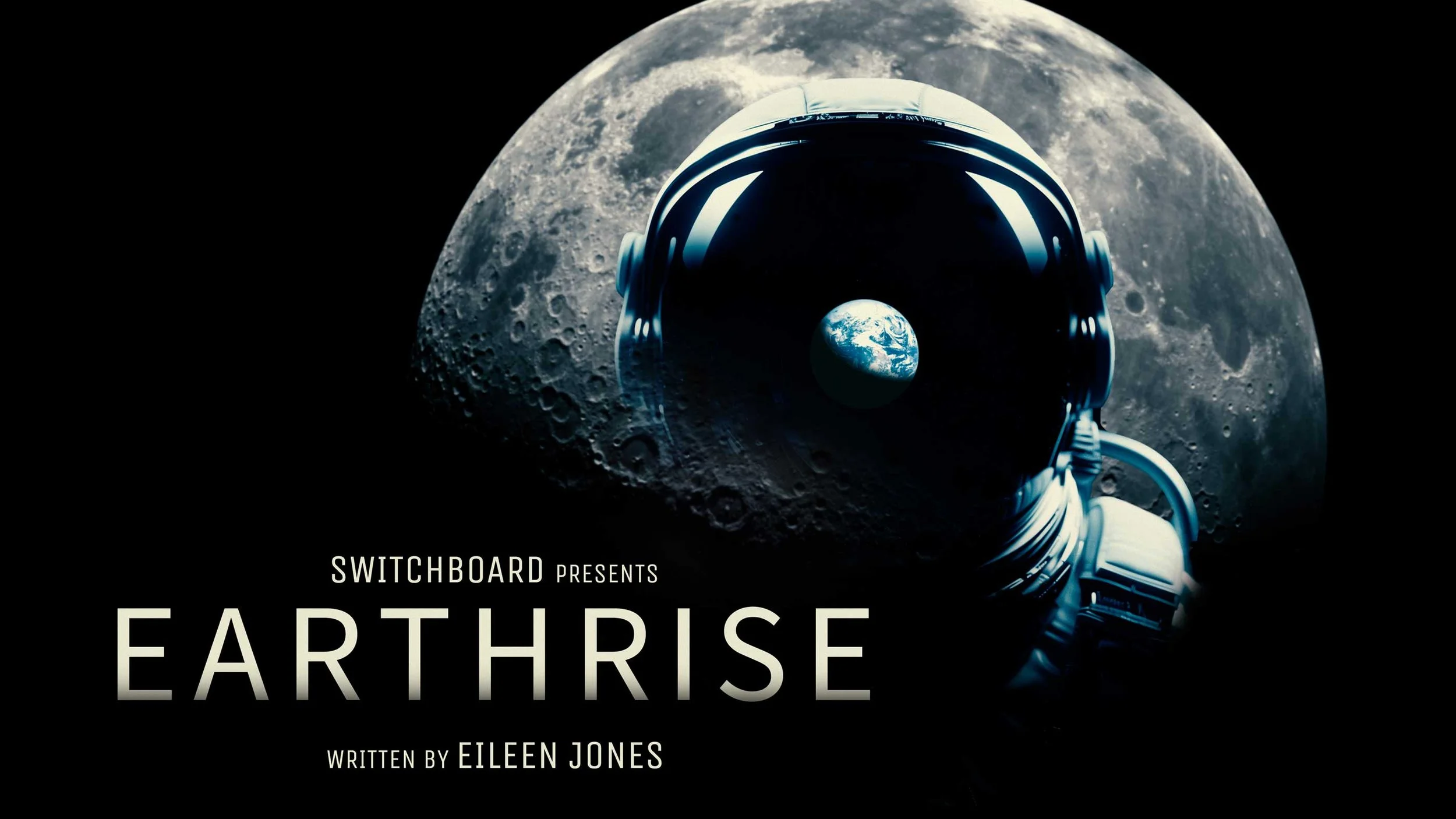This Month in Imagined
Earthrise
By Eileen Jones
A few moments later, Earthrise rumbled, and I looked up. Through the observatory dome, I saw the blast of fire as the Lifeboat launched, then rose into the darkness, starting its journey home.
While the station was still trembling, I pulled a nearby lever and the cargo bay began to descend, taking me deeper into Earthrise.
Away from the airlock. A deadly pathogen still in my pocket. Anna’s casket by my side.


